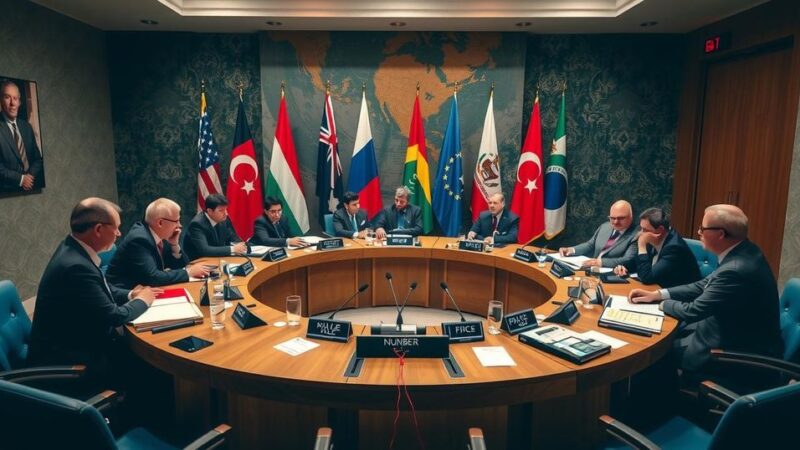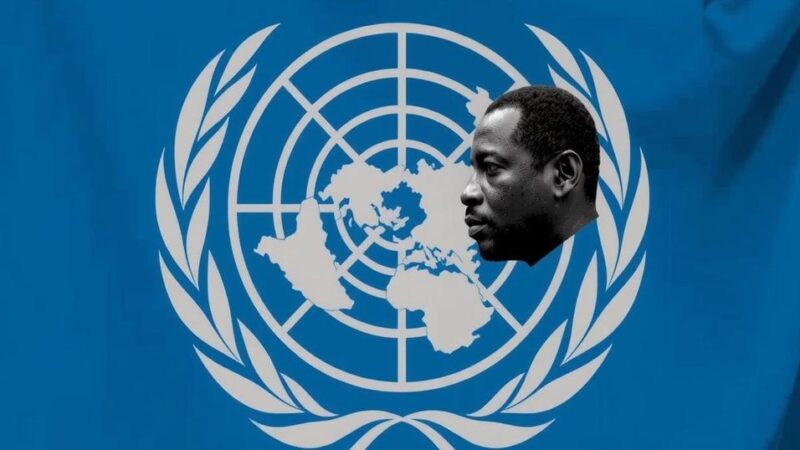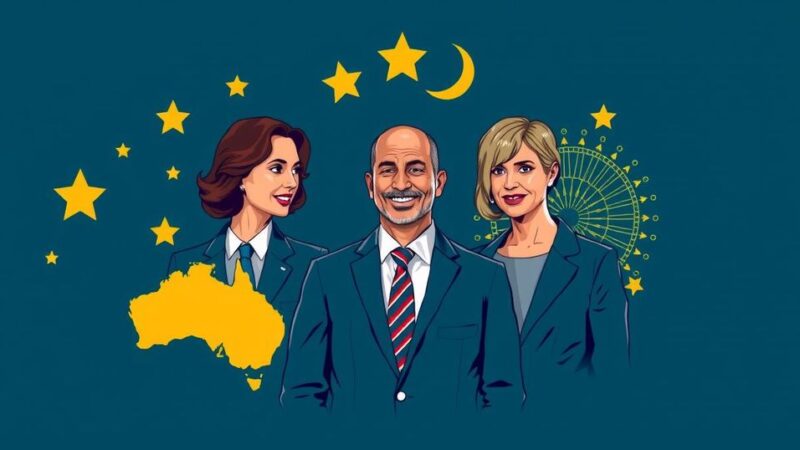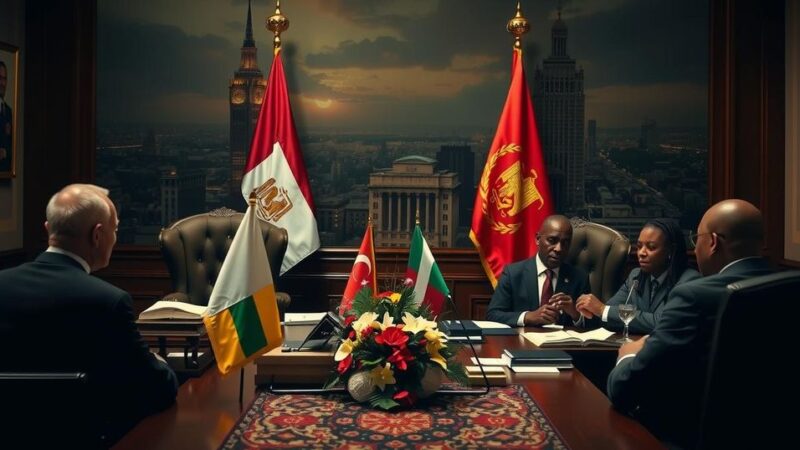Turkey’s President Erdogan omitted Jammu and Kashmir from his recent UNGA speech, signaling a potential shift in Turkey’s stance and causing concern in Pakistan. This shift aligns with Turkey’s aspirations to strengthen ties with India and to become a member of BRICS. Despite Pakistan’s historical reliance on Turkey’s support for Kashmir, recent dialogues between the two leaders did not emphasize the issue, raising questions about their diplomatic futures.
In a significant departure from tradition, Turkey’s President Recep Tayyip Erdogan chose not to mention Jammu and Kashmir during his address at the 78th session of the United Nations General Assembly (UNGA). This decision is viewed as a diplomatic setback for Pakistan, which has historically relied on Erdogan’s vocal support regarding the Kashmir issue. This omission may indicate a shift in Turkey’s geopolitical aspirations, particularly as it seeks to strengthen its trade and diplomatic ties with India and pursue membership in the BRICS coalition, which comprises Brazil, Russia, India, China, and South Africa, among others. Pakistan’s reaction to Erdogan’s speech has been one of concern, with officials suggesting that the omission does not reflect a change in Turkey’s long-standing position on Kashmir. Nevertheless, the context surrounding Turkey’s ambitions to join BRICS, painted alongside a growing inclination to deepen economic ties with India, has raised eyebrows in Islamabad. This newfound focus coincides with Turkey’s strategic pivot towards broader alliances separate from Western influences. Historically, Erdogan has been a staunch advocate for Kashmir, having raised the issue at the UNGA in previous years. However, this year marks a notable shift, illustrating possibly the complexities of realpolitik in the region. Uncertainties regarding Turkey’s commitment to Pakistan were further highlighted when Pakistan’s Prime Minister, Shahbaz Sharif, met Erdogan during the UNGA discussions, yet neither leader underscored the Kashmir issue, opting instead to discuss the humanitarian situation in Gaza. This aligns with analysts’ interpretations that Turkey’s omission of Kashmir reflects its intensified interest in fostering relations with India, which holds considerable economic potential for Turkey’s future.
The historic relationship between Turkey and Pakistan has been characterized by mutual support, particularly concerning geopolitical issues like Kashmir, where Turkey has previously articulated solidarity with Pakistan. President Erdogan’s omission of the Kashmir reference at the UNGA signals a potential recalibration of Turkey’s foreign policy priorities, focusing on expanding relationships beyond traditional Islamic alliances, particularly in light of its ambitions to join BRICS. The dynamics of South Asian geopolitics, including Pakistan’s reliance on Turkish support, and the evolving diplomatic landscape with India are critical to understanding this shift.
In conclusion, President Erdogan’s decision to omit Kashmir from his UNGA speech marks a pivotal moment in Turkey’s foreign policy, potentially indicating a recalibration of alliances to prioritize ties with India while pursuing BRICS membership. This change has elicited considerable concern in Pakistan, illustrating the complexities and shifting dynamics inherent in international relations in South Asia. The future of Turkey-Pakistan relations may now hinge upon evolving geopolitical alliances and the broader implications of Turkey’s strategy in engaging with major global economies.
Original Source: www.indiatoday.in





